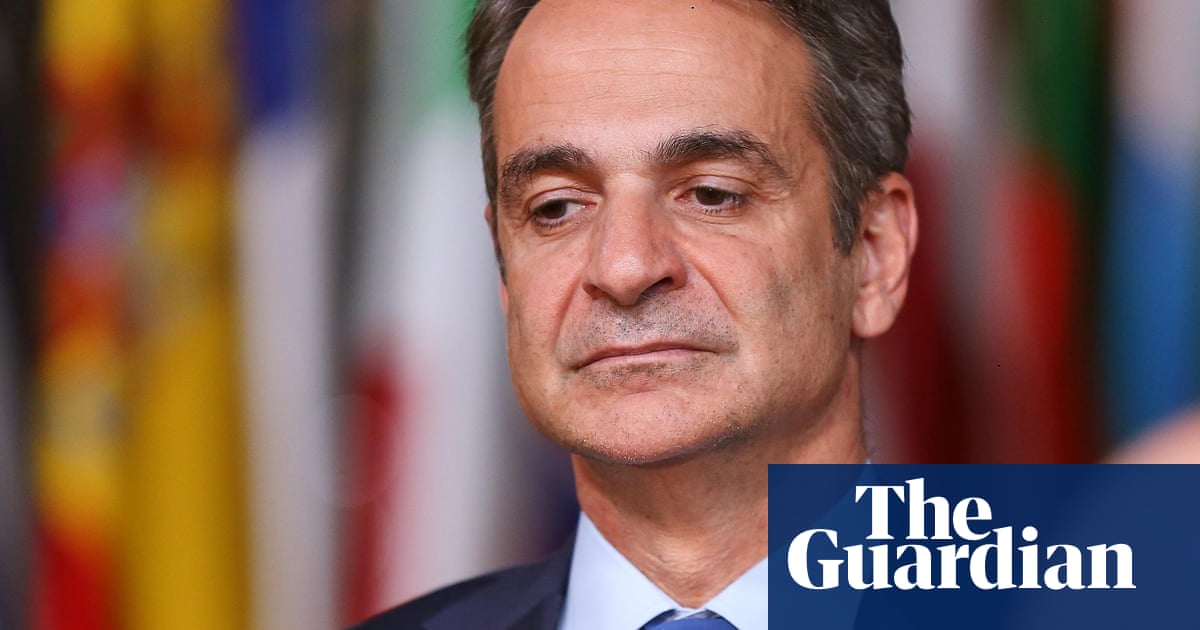TheGreekprime minister has vowed to get to the bottom of how a scheme of fraudulent EU subsidy claims could have operated undetected in the country for years, as he admitted that the scandal had revealed “the state’s inadequacy” in dealing with corruption.
Faced with revelations that “fake” farmers had been scamming designated agricultural funds to the tune of a reputed €290m (£249m),Kyriakos Mitsotakis said on Monday a special taskforce would be set up to “immediately and exhaustively” investigate the illegal payments.
The far-reaching scandal has already prompted the resignation of five senior government officials. One was the migration minister,Makis Voridis, a former far-right activist and prominent figure in the governing New Democracy party who was agriculture minister when the fraudulent scheme is alleged to have operated.
In a rare display of damage control, Mitsotakis acknowledged the failings of a state apparatus that ought to have changed. “The state’s inadequacy is obvious,” he said. “Clientelism [political patronage] cannot govern the way we conduct business.”
The scheme, which allegedly saw hundreds of applications being made by nonexistent owners of pasture and grazing land over a five-year period beginning in 2017, was brought to light by the European public prosecutor’s office (EPPO). The Luxembourg-based office launched its inquiry in 2021.
The funds were distributed by the state subsidy agency, OPEKEPE, which has since been dissolved.
On Monday the centre-right prime minister told his cabinet that the new taskforce would be expected to act speedily. “I await results quickly. We will investigate the incidents immediately and exhaustively in line with internal and European legislation. Since OPEKEPE didn’t manage to do its work the state will do it centrally.”
The scandal has been described as “one of the biggest farming frauds of recent years” according toPolitico, which said the illegally siphoned funds could amount to €45m (£38.6m) a year. The misuse was such that citizens with no known links to the agriculture sector, including a lawyer based in Athens, had applied for the aid. Some had posed as the owners of fictitious plots and others making claims as fake livestock breeders.
Officials who had tried to alert authorities after uncovering irregularities were either discredited, demoted or removed from top posts. OPEKEPE has had six presidents over the past five years.
The revelations have fuelled public anger and come against a backdrop of disaffection with a political elite seen asinefficient, out of touch and corrupt. An MRB poll last week revealed a stunning 74.5% of Greeks believed ministers had a hand in the scandal.
Sign up toThis is Europe
The most pressing stories and debates for Europeans – from identity to economics to the environment
after newsletter promotion
“While it is very positive that at long last this abscess has been lanced it does not honour the country that [it] is being cleaned up at the initiative of the European prosecutor,” said Maximos Charakopoulos, a governing party MP from the farming region of Larissa.
For Mitsotakis, a leading figure of the European centre-right wholed his party to a landslide victoryand second term in 2023, the scandal is as embarrassing as it is potentially damaging.
A significant number of the false claims were made in his native Crete, where the prime minister’s prominent political family have long held sway.
EU diplomats in Athens said Mitsotakis was at risk of losing the high moral ground needed to govern effectively if he was not seen to act fast. “This scandal is so big that he has to act decisively,” one said. “His language and actions show us that he is aware the rot needs to be exposed.”
